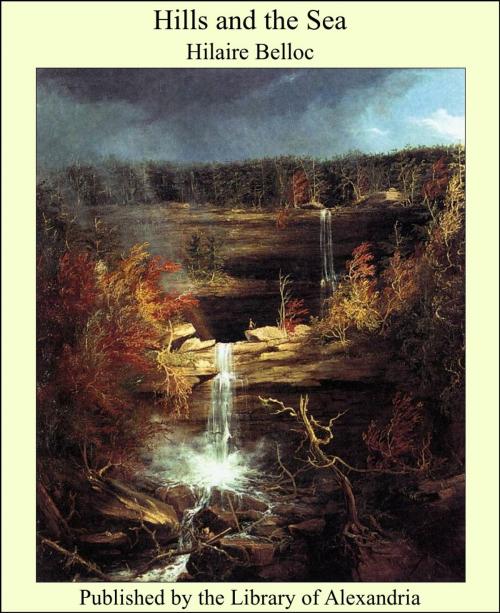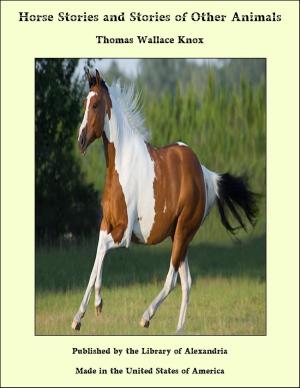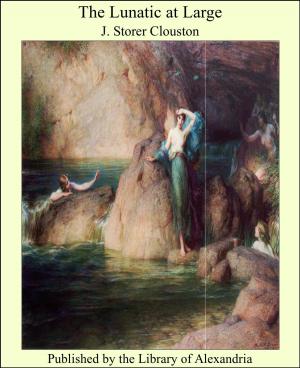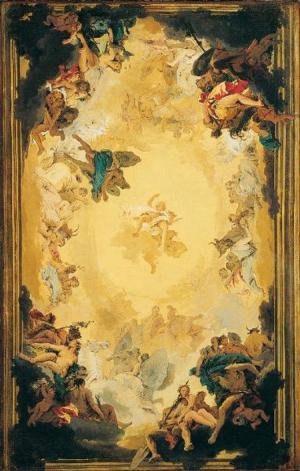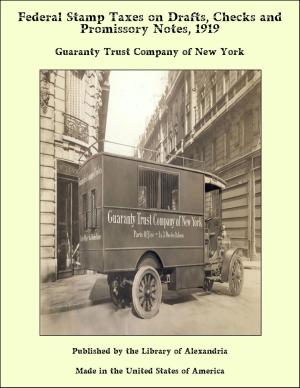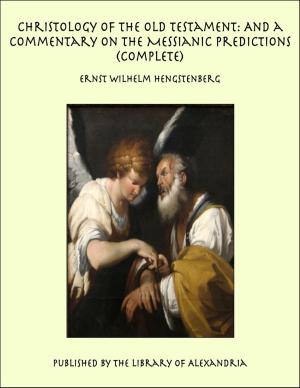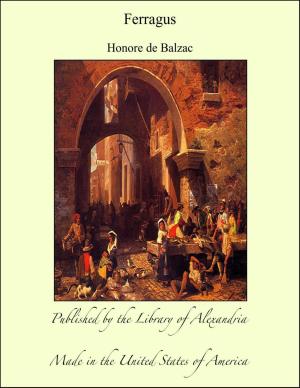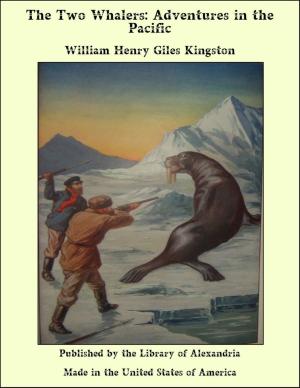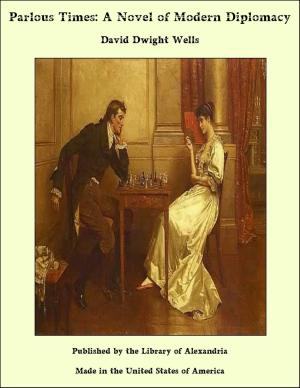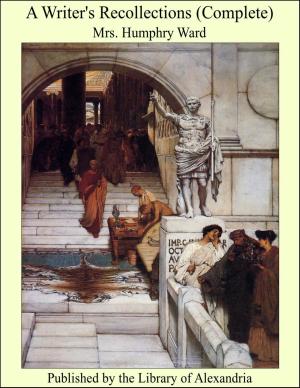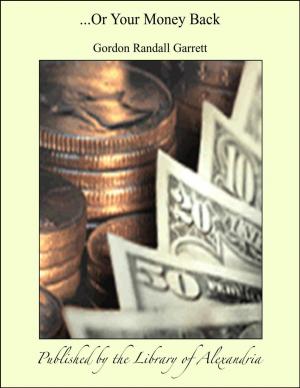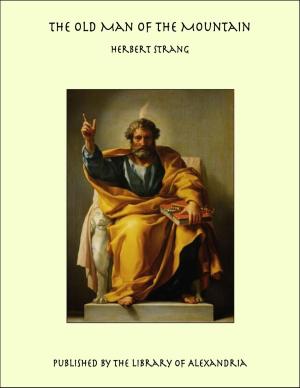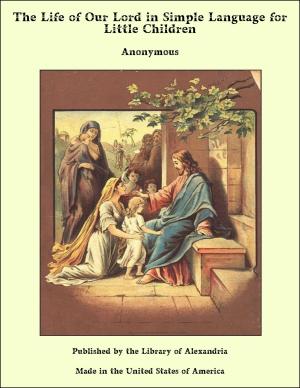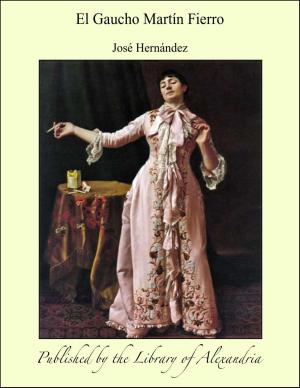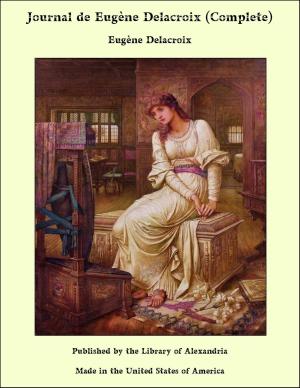| Author: | Hilaire Belloc | ISBN: | 9781465529534 |
| Publisher: | Library of Alexandria | Publication: | March 8, 2015 |
| Imprint: | Language: | English |
| Author: | Hilaire Belloc |
| ISBN: | 9781465529534 |
| Publisher: | Library of Alexandria |
| Publication: | March 8, 2015 |
| Imprint: | |
| Language: | English |
There were once two men. They were men of might and breeding. They were young, they were intolerant, they were hale. Were there for humans as there is for dogs a tribunal to determine excellence; were there judges of anthropoidal points and juries to, give prizes for manly race, vigour, and the rest, undoubtedly these two men would have gained the gold and the pewter medals. They were men absolute. They loved each Other like brothers, yet they quarrelled like Socialists. They loved each Other because they had in common the bond of mankind; they quarrelled because they differed upon nearly all Other things. The one was of the Faith, the Other most certainly was not. The one sang loudly, the Other sweetly. The one was stronger, the Other more cunning. The one rode horses with a long stirrup, the Other with a short. The one was indifferent to danger, the Other forced himself at it. The one could write verse, the Other was quite incapable thereof. The one could read and quote Theocritus, the Other read and quoted himself alone. The high gods had given to one judgment, to the Other valour; but to both that measure of misfortune which is their Gift to those whom they cherish. From this last proceeded in them both a great knowledge of truth and a defence of it, to the tedium of their friends: a demotion to the beauty of women and of this world; an outspoken hatred of certain things and men, and, alas! a permanent sadness also. All these things the gods gave them in the day when the decision was taken upon Olympus that these two men should not profit by any great good except Friendship, and that all their lives through Necessity should jerk her bit between their teeth, and even at moments goad their honour
There were once two men. They were men of might and breeding. They were young, they were intolerant, they were hale. Were there for humans as there is for dogs a tribunal to determine excellence; were there judges of anthropoidal points and juries to, give prizes for manly race, vigour, and the rest, undoubtedly these two men would have gained the gold and the pewter medals. They were men absolute. They loved each Other like brothers, yet they quarrelled like Socialists. They loved each Other because they had in common the bond of mankind; they quarrelled because they differed upon nearly all Other things. The one was of the Faith, the Other most certainly was not. The one sang loudly, the Other sweetly. The one was stronger, the Other more cunning. The one rode horses with a long stirrup, the Other with a short. The one was indifferent to danger, the Other forced himself at it. The one could write verse, the Other was quite incapable thereof. The one could read and quote Theocritus, the Other read and quoted himself alone. The high gods had given to one judgment, to the Other valour; but to both that measure of misfortune which is their Gift to those whom they cherish. From this last proceeded in them both a great knowledge of truth and a defence of it, to the tedium of their friends: a demotion to the beauty of women and of this world; an outspoken hatred of certain things and men, and, alas! a permanent sadness also. All these things the gods gave them in the day when the decision was taken upon Olympus that these two men should not profit by any great good except Friendship, and that all their lives through Necessity should jerk her bit between their teeth, and even at moments goad their honour
